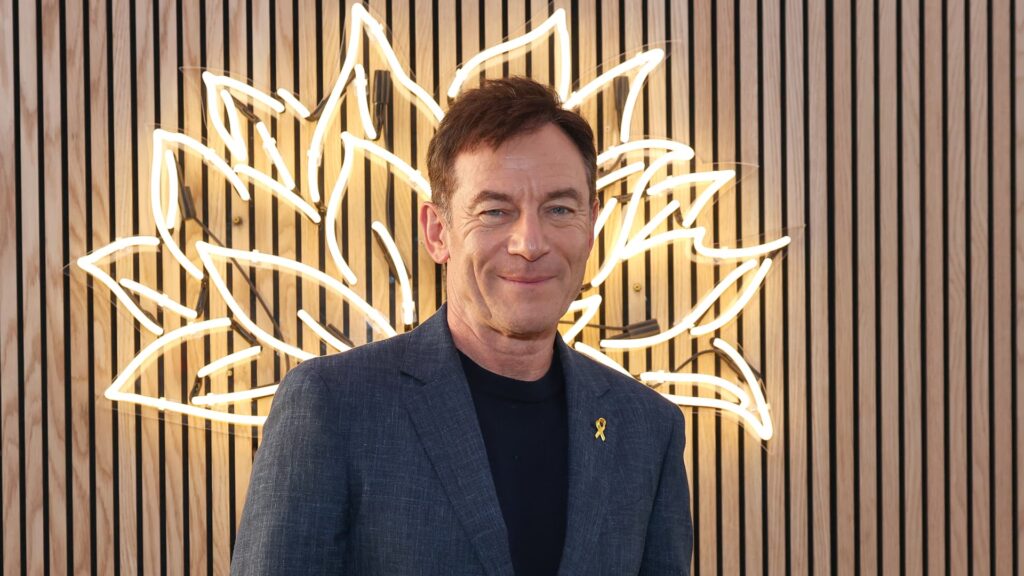Jason Isaacs has played major roles across film and television, from Lucius Malfoy in the “Harry Potter” movie series to troubled patriarch Timothy Ratliff in season three of “The White Lotus.”
Despite his industry success, the 62-year-old actor’s financial situation looks a bit different than most might imagine.
“People will think I have huge stockpiles of money,” Isaacs said in a recent interview with Vulture. “But sadly, what I’ve done rather immaturely is expand my outgoings to match my incomings and pretty much spent everything I’ve earned over the years.”
Financial experts have a term for this phenomenon: lifestyle creep.
“Many feel as though they have to spend more as they progress through career milestones,” says Matt Saneholtz, a certified financial planner in Plantation, Florida. Isaacs’ habits go “against the grain of everything” he teaches, he says.
Lifestyle creep is the tendency to spend more money as your income increases — a habit many people fall into without realizing it.
While it may start as a few upgraded purchases and subscriptions, it can escalate into a pattern of constant spending that sinks your savings. Even for high earners, it can derail long-term financial goals over time, Saneholtz says.
“You have to balance today’s needs with tomorrow’s,” he says. “I’m not saying don’t treat yourself when you get a raise or promotion, or when you get that next big job … but also treat your future self correctly as well, by setting aside some of that money for the longer term.”
How to avoid lifestyle creep
Isaacs’ limited financial cushion, despite his Hollywood success, illustrates a common trap: letting short-term wants and needs overshadow long-term wealth building.
A “tried and true approach” to help address lifestyle creep is to take a raise, or a significant portion of one, and put it directly into an investment account — you “won’t miss what you don’t see,” Saneholtz says.
In other words, a bump in your income should come with a commensurate increase in how much you’re saving for long-term goals.
Automating that process through your bank can also help reduce the temptation to use that money elsewhere, Saneholtz added. And when your money is in an investment account, it is “working for you” — meaning it has the potential to grow over time through compounding interest, he says.
Saneholtz also recommends reviewing your finances regularly and documenting what’s coming in versus going out, regardless of your income or assets. By documenting your overall financial picture, you can look for outgoing costs like luxuries or recurring subscriptions that might not actually bring value to you.
When you begin earning enough money to comfortably meet your wants and needs, managing lifestyle creep is ultimately about reminding yourself that “it’s all relative,” Saneholtz says.
“Once you have attained that level of wealth,” he added, “then it’s about saving enough for future retirement to maintain yourself at that level that makes you happy, not what the commercials tell you [that] you need to be happy.”
Are you ready to buy a house? Take Smarter by CNBC Make It’s new online course How to Buy Your First Home. Expert instructors will help you weigh the cost of renting vs. buying, financially prepare, and confidently navigate every step of the process—from mortgage basics to closing the deal. Sign up today and use coupon code EARLYBIRD for an introductory discount of 30% off $97 (+taxes and fees) through July 15, 2025.
Plus, sign up for CNBC Make It’s newsletter to get tips and tricks for success at work, with money and in life, and request to join our exclusive community on LinkedIn to connect with experts and peers.


